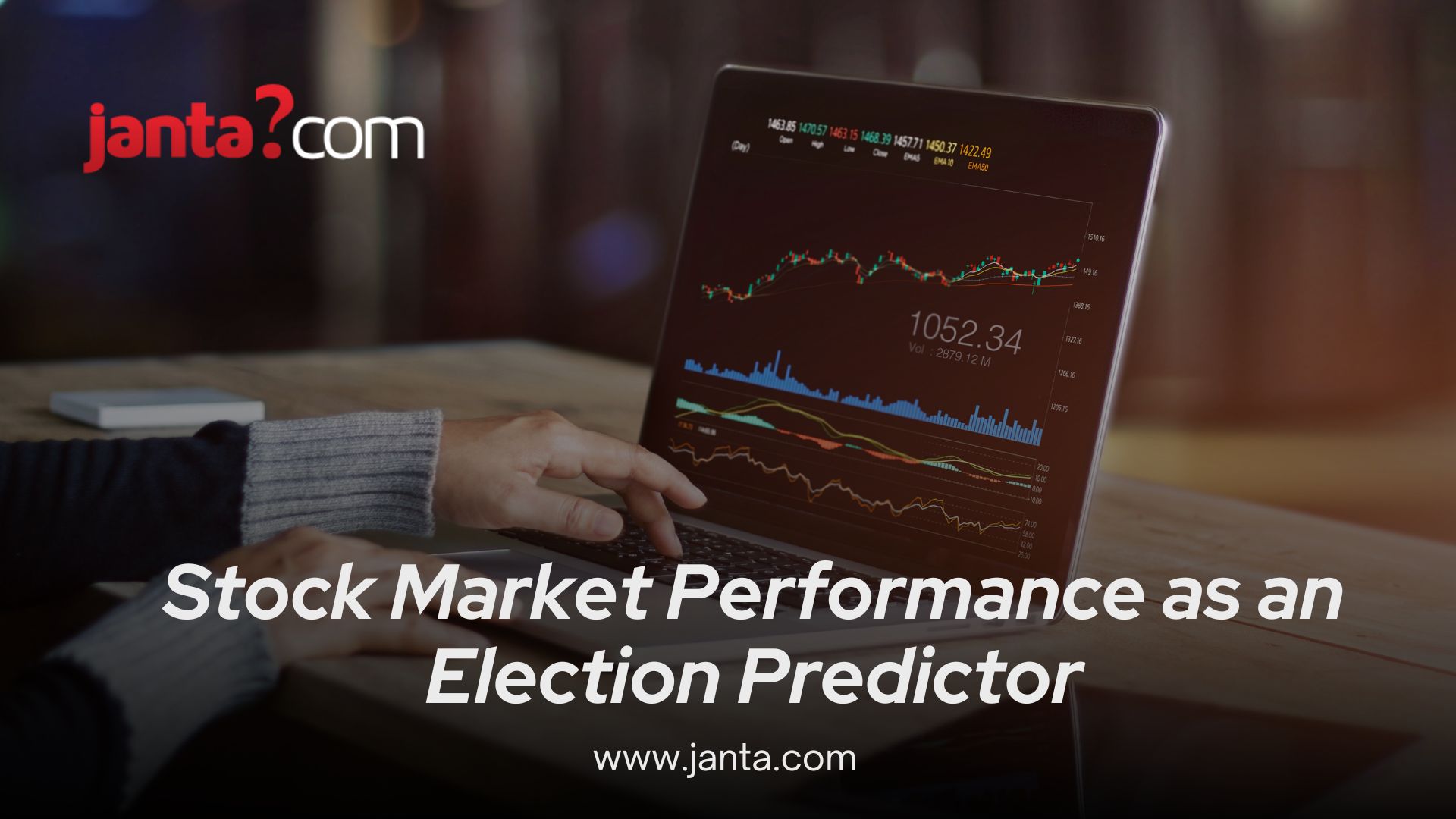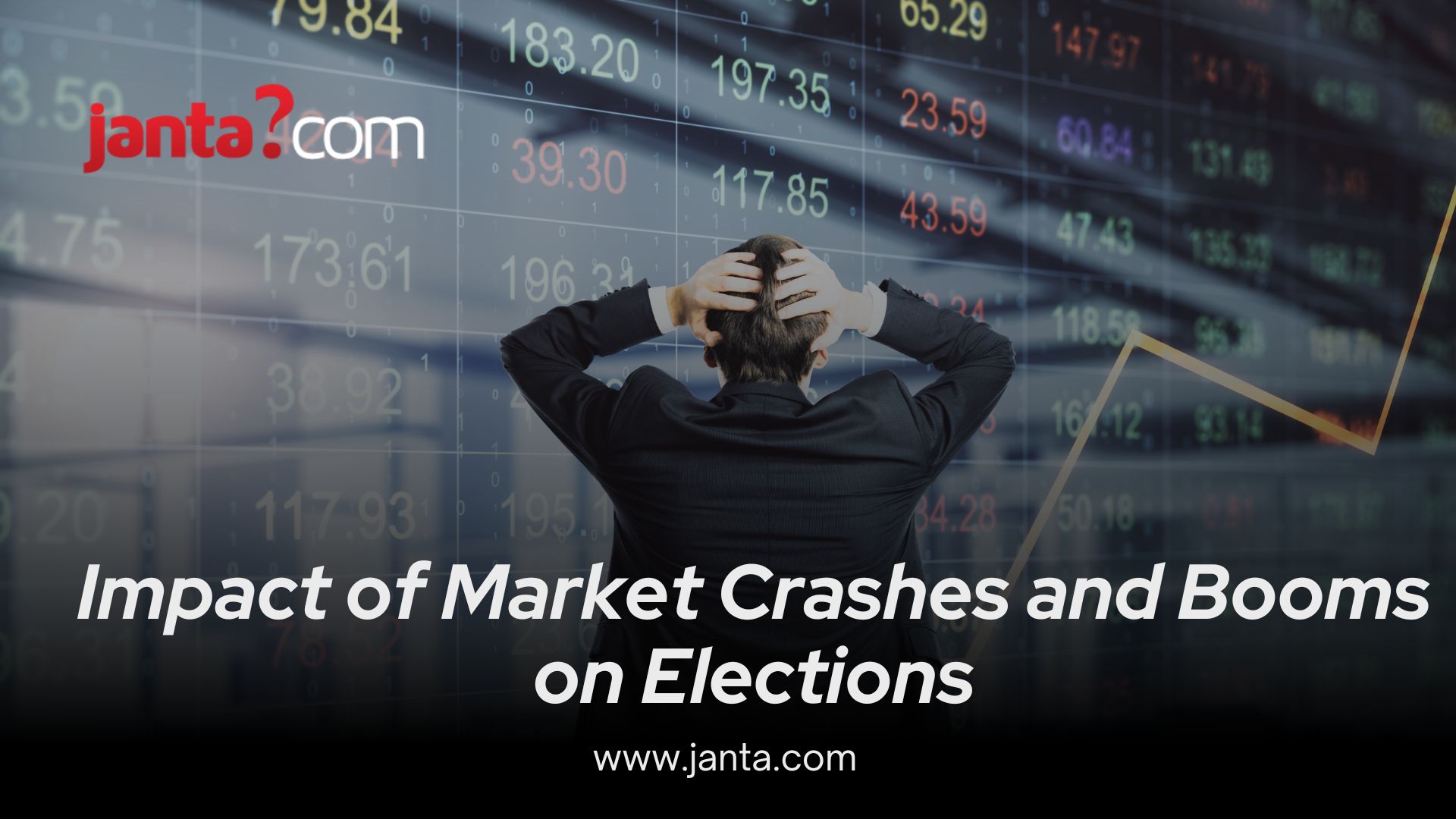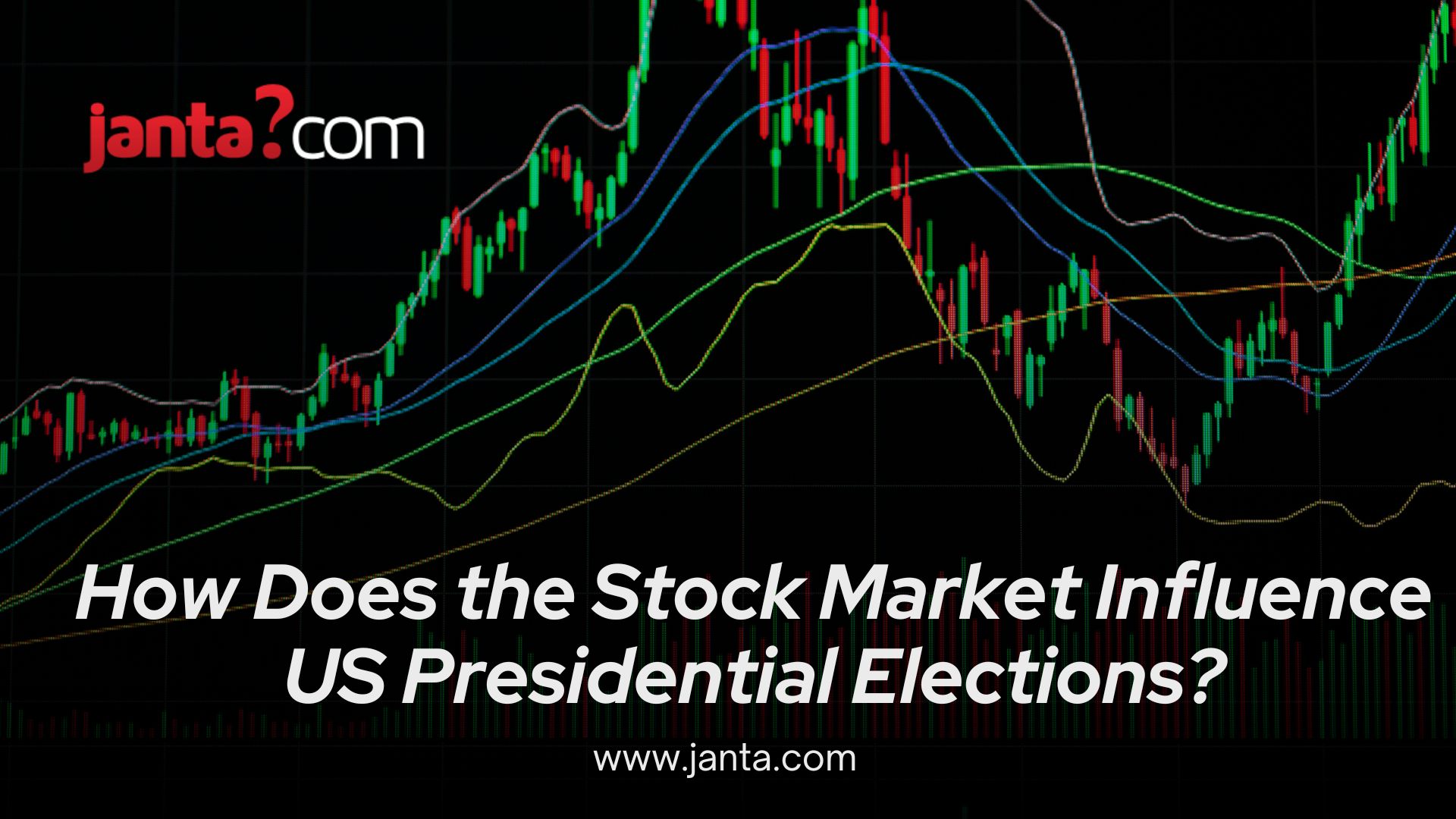The stock market and US presidential elections are interconnected, with economic sentiment often influencing political outcomes. While market trends alone don't predict election results, they can affect voter perceptions and decisions.
In this blog, we explore how historical stock market performance has interacted with elections, how economic sentiment impacts voter behavior, and the reactions of different industries to election cycles. We also examine the influence of presidential candidates' policies on the market and consider future implications.
Read on to understand how stock market trends might shape upcoming elections and their impact on voters and investors.
You might also find it interesting to explore how Donald Trump's potential impact on the 2024 election and the historic turnout of the 2020 election could intertwine with market performance.
Historical Context: Stock Market Trends and US Elections
Historically, the stock market has affected presidential elections. For instance, the 2008 election was significantly influenced by the financial crisis, which favored Barack Obama over John McCain. Economic instability led voters to seek change. Similarly, the 2000 election was shaped by the dot-com bubble burst, adding complexity to the contest between George W. Bush and Al Gore. Though the stock market didn’t solely determine the outcome, it influenced voter behavior and heightened election stakes.
Economic Sentiment and Voter Behavior
The stock market often reflects economic confidence. A strong market suggests optimism about the future, which can benefit the incumbent party. Conversely, a market downturn can lead to dissatisfaction with the current administration and increase support for challengers. Economic uncertainty typically drives voters to seek new leadership that promises solutions.

Stock Market Performance as an Election Predictor
Studies have explored how stock market performance can predict election outcomes. Historically, a rising S&P 500 in the months leading up to an election tends to favor the incumbent or their party, while a declining market benefits challengers. However, external factors like global crises or scandals can overshadow market performance. A candidate's success may depend more on other issues, such as national security or healthcare.
Sectoral Impact: Industry Reactions During Elections
Different industries react to elections based on candidates’ proposed policies. For example, during the 2020 election, clean energy stocks rose due to Joe Biden's climate agenda, while fossil fuel stocks faced volatility.
Sectors like healthcare and tech also experience shifts based on candidates’ stances on issues like drug pricing and regulation. Investors adjust their portfolios in response to perceived policy changes, making election periods particularly active for stock markets
Influence of Presidential Candidates on the Stock Market
Presidential candidates’ policies directly impact market performance. Pro-business proposals, like tax cuts or deregulation, often boost the stock market. Conversely, higher taxes or increased regulation can cause declines.
For example, Donald Trump’s 2016 candidacy led to a market surge due to anticipated tax cuts and deregulation. Candidate speeches, debates, and policy announcements can also cause significant market shifts.

Impact of Market Crashes and Booms on Elections
Stock market crashes, such as the one triggered by the COVID-19 pandemic, can profoundly impact elections by creating economic uncertainty. Conversely, market booms, like those driven by housing bubbles or tech growth, can foster a sense of security among voters, though these booms may be fragile.
Global Perspective: International Reactions to US Elections
US elections affect global markets, as international investors monitor US outcomes closely. US economic policy has implications for global trade, international relations, and financial stability.
Looking Ahead: The Future Role of the Stock Market in Elections
The stock market is likely to continue influencing US elections, reflecting economic sentiment and policy expectations. The impact of the upcoming 2024 elections on the stock market remains to be seen.
Conclusion
The relationship between the stock market and US presidential elections is intricate and multifaceted. While market trends offer insights into economic sentiment, they are just one factor among many. Elections and economic conditions are deeply connected, and their interplay will persist. For more political analysis, follow Janta.
